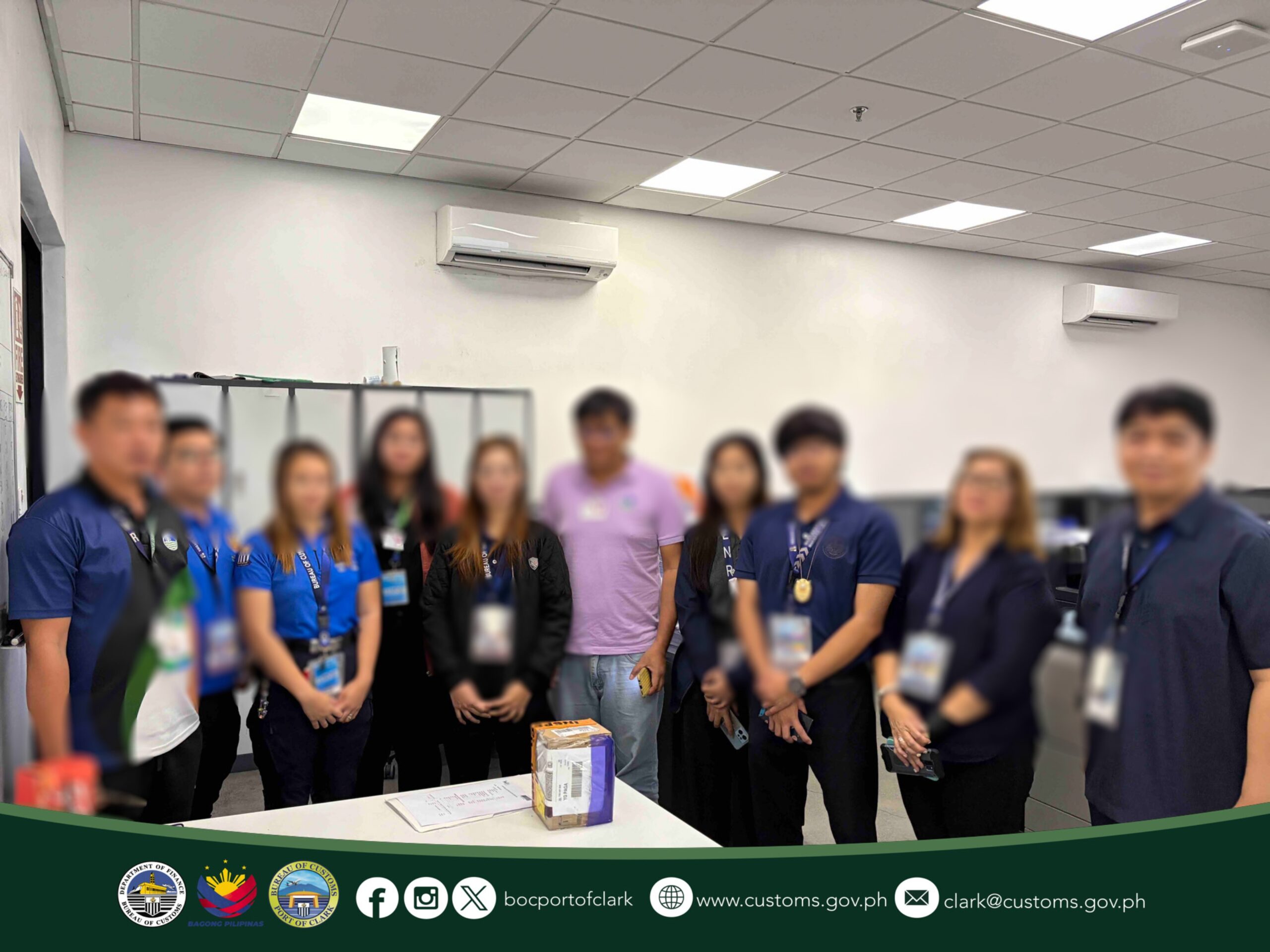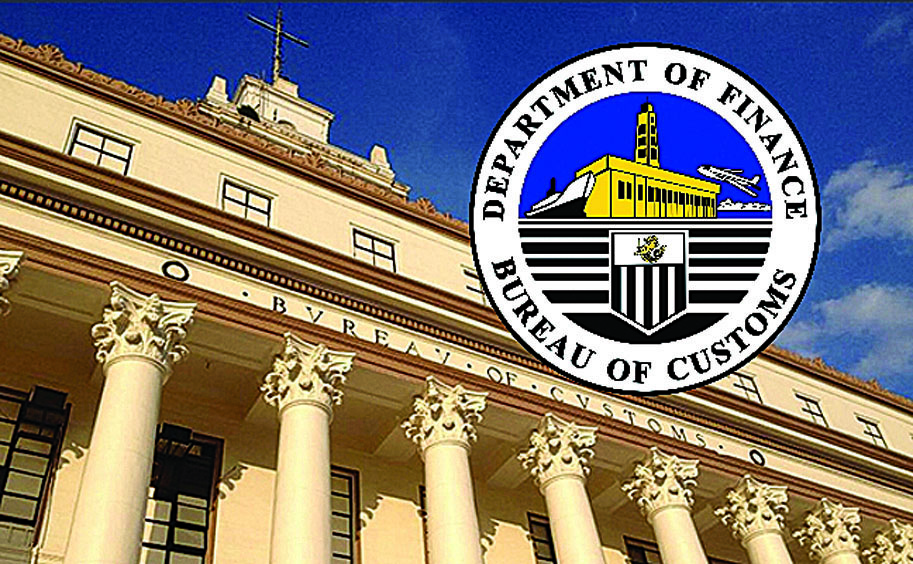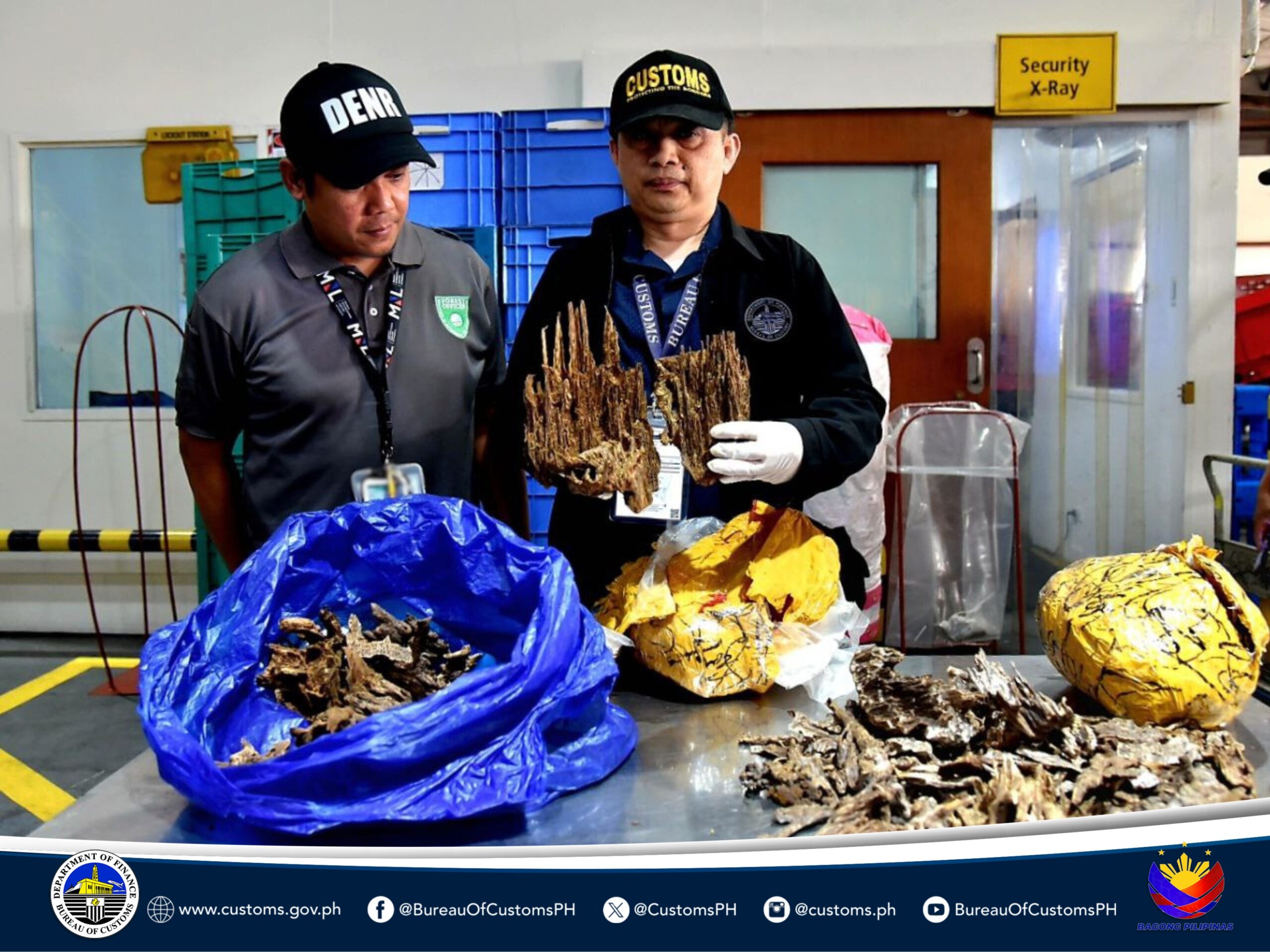
At the core of Royina Garma’s killer look during the 5th QuadCom hearing was a clear warning: she’s
not someone to mess with. That killer look wasn’t just for show—it broadcasted a ruthless authority
and ironclad control. Garma oozed a fierce, cutthroat demeanor that spoke volumes long before she
spoke. It’s undeniable that Garma is the embodiment of Duterte’s hardline leadership—
unafraid to make brutal decisions, even at the expense of human rights.
Garma was implicated in Arturo Lascañas’ affidavit, where Lascañas claimed she informed
him that she managed a group of hitmen, acting under the orders of then-mayoral aide and now
Senator Bong Go. The retired police colonel strengthened her ties to then-Mayor Duterte between
2011 and 2015, serving as station commander in two key districts of Davao City.
When Duterte assumed the presidency, Garma was swiftly appointed as Cebu City police chief—a
position where she quickly made enemies, particularly with then-mayor Tomas Osmeña. Osmeña held
Garma and then-Central Visayas police chief Debold Sinas responsible for the surge in killings in Cebu
City, a troubling hallmark of Duterte’s nationwide drug war. Despite the controversy, Garma retired
early, only to secure a privileged post as head of the PCSO (one of the country’s biggest sources of
charitable funds) under Duterte’s administration, raising questions about how much loyalty is
rewarded in Duterte’s inner circle, no matter the cost.
During the 5th QuadCom hearing, however, Garma consistently evaded questions about her
involvement in the police operations against the Chinese drug lords in DPPF in August of 2016. When
pressed about her knowledge of the Davao Death Squad’s existence, Garma deftly avoided the
question, claiming she had no personal knowledge of the group. This evasive maneuver didn’t sit well
with Cong. Raoul Manuel openly voiced his frustration at Garma’s reluctance to provide
straightforward answers. He argued that, at the very least, Garma should be held accountable—
whether for neglecting her responsibilities as police chief, turning a blind eye to the extrajudicial
killings, or worse, being complicit in orchestrating such operations.
When questioned about her role in the spike of killings in Cebu City during her tenure as police chief,
Garma expertly dodged responsibility, pointing instead to broader systemic issues within the police
force. Her evasive answers were frustratingly hollow, offering little insight into her decisions
or actions, all while subtly shifting the blame elsewhere.
In the end, despite Garma’s relentless evasion of the committee’s questions, one truth remains
undeniable: she is a pivotal figure in Duterte’s bloody drug war. A commander who operated on the
front lines of a ruthless campaign, Garma was handpicked by Duterte to carry out his dirtiest work—
work that left a trail of violence and unanswered questions. Her demeanor during the QuadCom
hearing, with her cold, calculated “killer look,” perfectly embodies her role in the regime’s brutal drug
war. It all falls into place.





